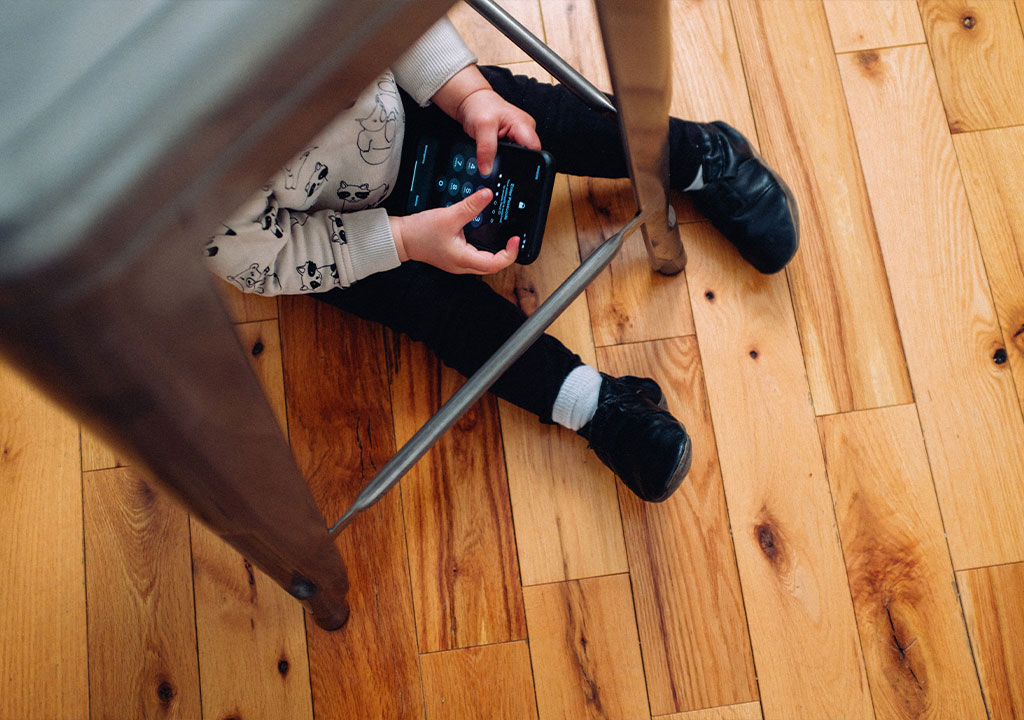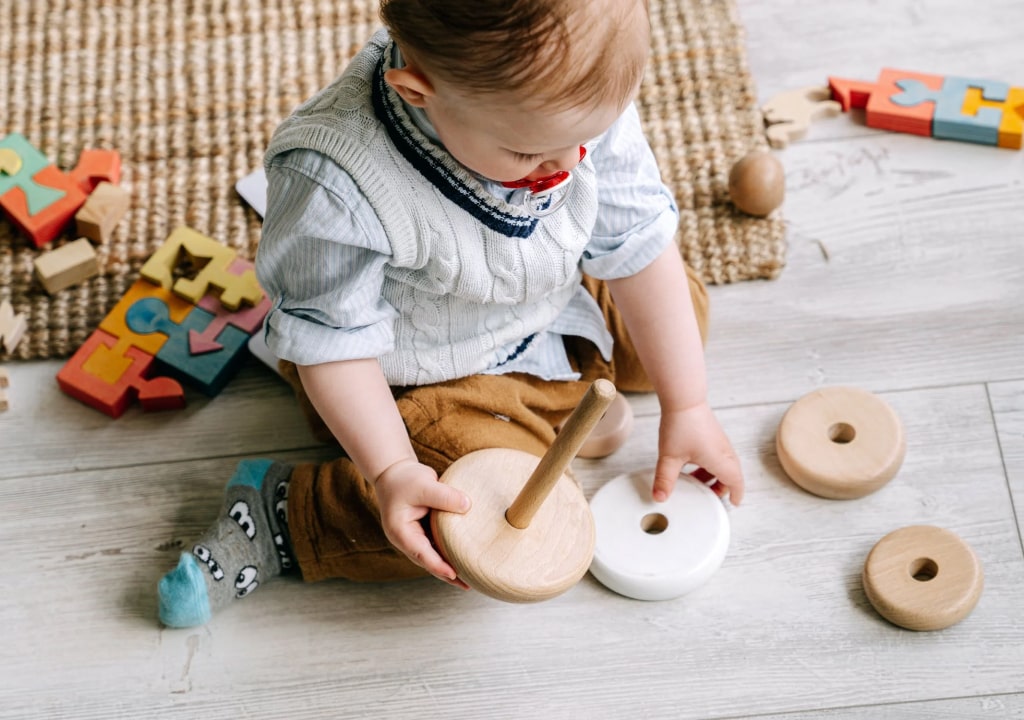Blog
3 Brain-Building Ways to Play With Your Baby

Babies are more brilliant than any artificial intelligence program a tech company can develop. Why? Because they are taking in so much information, through so many channels. They are constantly working to blend that information with what they already know. They take the world in by playing with it and exploring it.
What are the stages of play?
Infants are in what we consider a sensorimotor stage of play. This is all about taking in information with their senses, moving around rooms and grabbing and handling objects. They are mastering being a part of the 3D world and mapping it in their brains. It’s pretty cool.
Soon, once they are a toddler, they will get to symbolic play (vrooming a car around, using a hammer to bang on things). Then comes pretend play (pretending to be a lion or to sweep the floor). And, before you know it, you may see them leading a classroom of stuffed animals (imaginative play)!
Here are a few ways to build on these stages and your baby’s brain development:
Build a flexible attention span.
When babies look at the same thing over and over, they don’t get as much of a chance to build mental categories or see all the various ways the world works. So, limit TV, videos and YouTube for babies. Instead, direct their attention to the objects and activities around them.
Infants will look at what their parents and caregivers are paying attention to. Try showing them new things and talking about whatever they seem to be looking at. It may sound basic, but if you can’t focus and shift your attention, it’s hard to play pretend!
Break out of play ruts.
When you are playing with your baby, and they seem to be doing the same thing over and over again, change it up just slightly. If they are banging a pan with their hand, give them a wooden spoon to bang with. If they are putting blocks in a bucket, try making zooming or silly noises as the blocks fall in. Think of it like a “variation on a theme” in classical music—where the basic play pattern is the same, you just change it up a bit.












